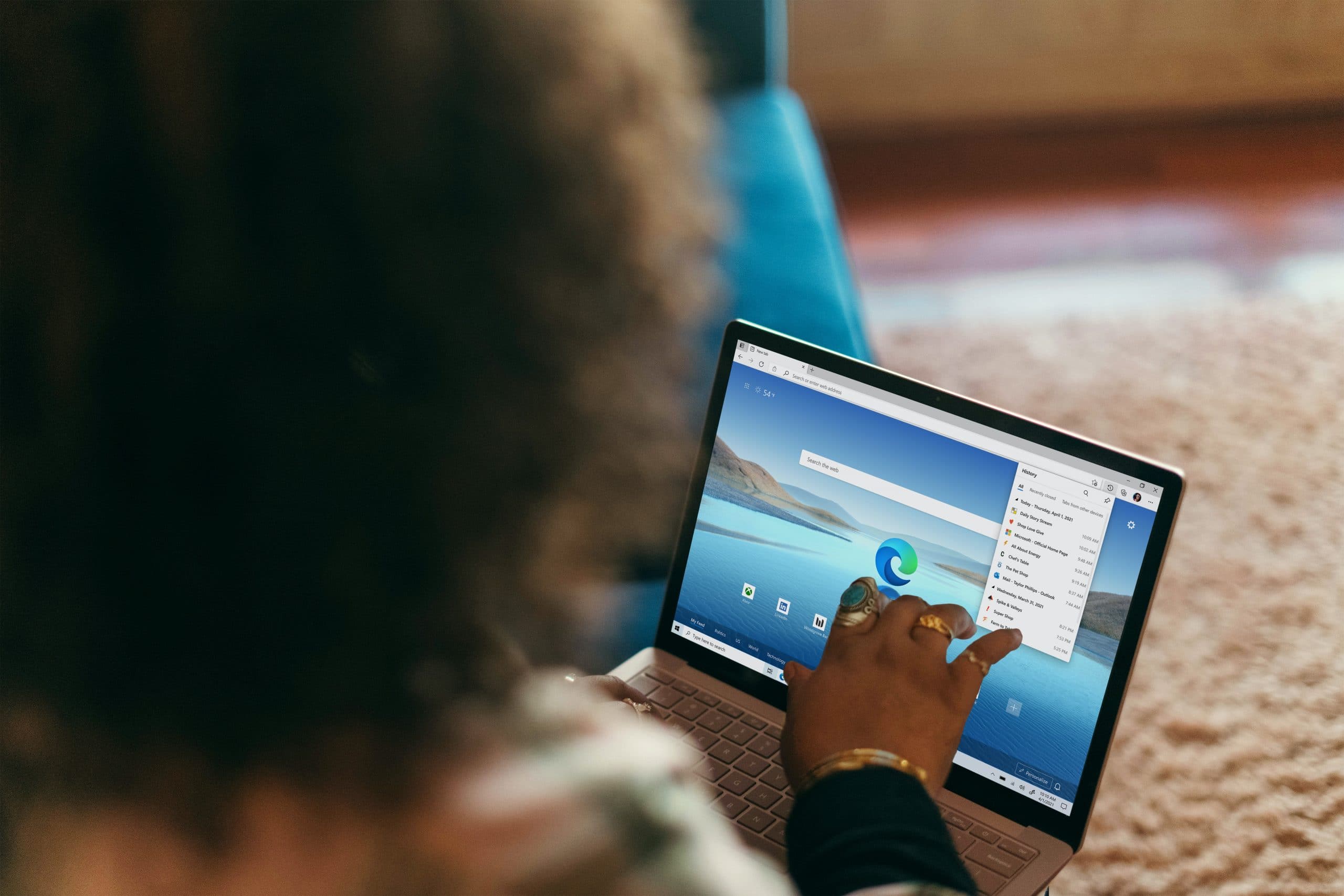The need for digital skills is increasing exponentially as more organizations transition to the online space. While 58% of businesses accelerated their digital transformation in 2020, the shift to online was on the horizon for just about every industry imaginable. This is why a digitally literate workforce is necessary now more than ever.
Digital skills are characterized as tasks or communications performed on digital devices where information is accessed and managed.
Since COVID-19 forced organizations online, digital-first initiatives have taken priority, meaning companies will expect the vast majority of their employees to have a degree of digital skills to help innovate. As our dependence on digital communications grows, our workforce must keep up with the skill demand.
The Digital Skills Demand
Why learn digital skills? Digital transformation is on the rise and affecting every industry imaginable; from farmers to fast food, everyone is shaking up their business model to take advantage of the conveniences and opportunities offered to their industry. Even traditionally face-to-face industries like real estate are going digital with virtual walk-throughs and remote document signing via apps like DocuSign.

Without a firm grasp of digital skills, companies cannot propel innovation and remain competitive, which is why employers are prioritizing candidates who can showcase their digital literacy. By developing better digital skills, you have a chance to contribute to your community, future-proof your career, and explore a wide range of professional opportunities.
Here are some statistics showing the increasing demand for digitally literate professionals:
- 54% of all employees will need significant reskilling by 2022. Specifically for technical skills like programming and app development.
- Over the next five years, the global workforce can absorb around 149 million technology-oriented jobs.
- 85% of Americans believe that digital skills will be important to success in today’s workplace.
- According to a study published about digital skills for career progress, “the number of jobs requiring digital skills is predicted to increase 12 percent by 2024.”
Digital Skills for Entry-Level Positions
Digital skills are not only reserved for higher-level executives. Entry-level positions are just as necessary on the road to digital transformation. Whichever career path you choose, understand that you can always pick up new skills and master new technologies.
Some of the more basic, yet critical entry-level digital skills include:
- Communicating via email
- Researching information online
- Handling sensitive information in virtual ecosystems
- Using cloud-based collaboration tools (like Google Drive, DropBox, and Microsoft Teams) responsibly
- Creating and managing spreadsheets and online documents
- Basic device management like connecting to the internet or installing software updates
- Screen sharing during a video call
- Using online calendars and efficiently managing your schedule (and possibly others on the team)

Career-Specific Digital Skills
Depending on the career you choose, additional skills that pertain to your specific role may be required. Digital skills in the workplace can include original content creation, media buying, network and information security, persona creation, social media marketing, and data science.
If you want to cover your bases quickly, it’s a good idea to research the industry you’re interested in and read through job descriptions to understand which skills you already have and which you will need to build. From there, you can begin developing your core set of skills.
3 Ways to Develop Digital Skills
A large portion of the current workforce lacks foundational digital skills, meaning a large talent gap is waiting to be closed. One way to close this gap is by reskilling or upskilling to compete in the marketplace, and there are several ways you can do so. Here are some methods for developing digital skills that don’t include attending a traditional four-year college or university.
Self-Paced Learning: Thanks to the internet, you can find helpful information on any topic you can think of online, making basic digital skills easier to acquire. You can learn the skills you need on your own time and practice at your own pace, and you can even connect with professionals in your field to take your self-learning even further.
Free Online Courses: Online courses offer a more structured environment and can help you make sense of the new material you’re learning. While you might not get the hands-on experience you need, you can take advantage of the initial learnings and build on them with a more advanced training program.
Certificate Programs: Specialized programs like these teach core fundamentals and are a suitable route for gaining intense, in-depth instruction in a relatively short amount of time. Our digital skills bootcamps ensure students are equipped with the digital skills and training to get them hired in today’s workforce. At NJIT, our accelerated courses are led by industry experts and supplemented with professional career coaching to help you find the right job for you after completing the program. You can even increase your professional visibility with our exclusive hiring partner network.

If you were not sure about how to develop digital skills, you now have a few tips to help you get started. Learn more about the NJIT Digital Skills Bootcamps by getting in touch with our admissions advisors. They’ll walk you through your options as you discuss your career goals and interests. You don’t have to commit right away—our Introductory Course gives you a feel for the virtual learning environment before making up your mind. Let us guide you to the career path of your dreams. Get in touch with us today!



